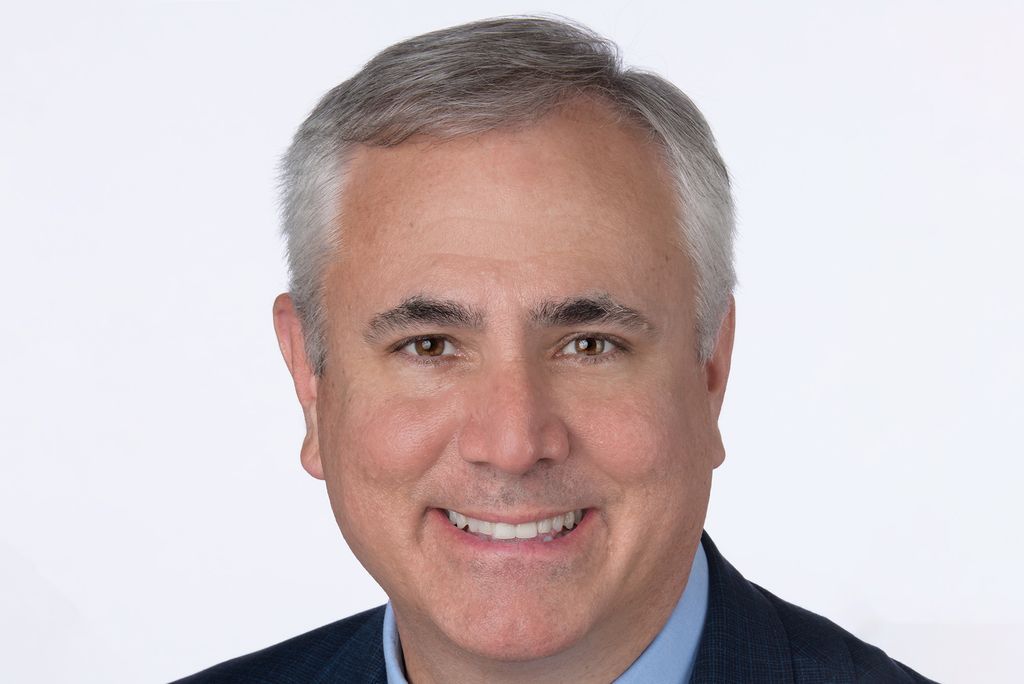BU’s Framingham Heart Study Gets New Director

The nation’s longest-running study of heart disease, credited with improving and saving countless lives since Harry Truman was president in 1948, has a new director. The Framingham Heart Study, run by Boston University and the National Heart, Lung, and Blood Institute, will be led by Donald M. Lloyd-Jones, who has accepted the position of director of the Framingham Center for Population and Prevention Science, principal investigator of the Framingham study, and chief of the section of preventive medicine within the department of medicine at BU’s Chobanian & Avedisian School of Medicine and Boston Medical Center (BMC).
The appointment, which takes effect January 1, 2025, was announced Tuesday by Karen Antman, provost of the BU Medical Campus and dean of the Chobanian & Avedisian School of Medicine, and Sushrut Waikar, the ad interim chair of medicine at BU and Boston Medical Center (BMC), the school’s primary teaching hospital.
Lloyd-Jones, former president of the American Heart Association and a former Framingham Heart Study researcher, replaces Vasan Ramachandran, who left Boston to become the founding dean of the University of Texas School of Public Health at San Antonio. Joanne Murabito and George O’Connor served as ad interim directors and co-PIs of the Framingham study during the search to replace Ramachandran; Murabito will remain co-PI of the Framingham study.
“I am truly excited to return to the Framingham [Heart] Study and BU, where I began my research career in earnest,” Lloyd-Jones said in a statement released Tuesday. “I am mindful of the incredible legacy of past leaders, who are all giants in our field.” He added: “We have an incredible team, and remarkable opportunities to take Framingham and BU to new heights.”
“We have an incredible team, and remarkable opportunities to take Framingham and BU to new heights.”
Donald M. Lloyd-Jones
BU administers the Framingham Heart Study, which includes researchers from the medical school, the School of Public Health, and the College of Arts & Sciences. It has accumulated an astonishing record of helping both patients and doctors better understand the risk factors associated with heart disease and has published close to 3,000 research papers over seven-plus decades.
Some of the most prominent findings from the study have included the basic risk factors of heart disease (1961), the heightened heart disease risk of smoking, the heart benefits of exercise and the heart risk of obesity, and the impact of hypertension in increasing the risk of stroke.
“The Framingham Heart Study is one of Boston University’s proudest medical legacies, and the appointment of Dr. Lloyd-Jones will ensure that its long tradition continues in the pursuit of helping researchers understand the risks of heart disease,” said BU President Melissa L. Gilliam, who is also a professor of obstetrics and gynecology and of epidemiology.
Lloyd-Jones is currently the chair of preventive medicine and Eileen M. Foell Professor of Heart Research and professor of preventive medicine, medicine, and pediatrics at Northwestern University. He previously served as senior associate dean for clinical and translational research and PI/director of the Northwestern University Clinical & Translational Sciences Institute, and he served as the national president of the American Heart Association from 2021–22.
“Over decades, the Framingham Heart Study has produced great learnings that further our understanding of cardiovascular disease in America,” said David C. Goff, director of the division of cardiovascular sciences at the National Heart, Lung, and Blood Institute, part of the National Institutes of Health. “This transition to new leadership retains the depth of familiarity with the study while advancing the latest science and innovations in epidemiology. We have great confidence in Dr. Lloyd-Jones’ ability to lead the Framingham Heart Study into a new era of scientific excellence.”
Lloyd-Jones received his undergraduate degree from Swarthmore College, his medical degree from Columbia University College of Physicians and Surgeons, and a master’s in epidemiology from Harvard T.H. Chan School of Public Health. He completed his residency in internal medicine at Massachusetts General Hospital and served as chief medical resident there. After a cardiology fellowship at MGH, he joined the staff as an attending cardiologist, and was an instructor and then assistant professor of medicine at Harvard Medical School and MGH. From there, he joined the Framingham Heart Study as a research fellow in 1997 and was a research associate from 1999–2004. In 2004, he moved to Northwestern’s Feinberg School of Medicine and became chair of preventive medicine in 2009.
His research interests include the study of the mechanisms and life course of cardiovascular health and healthy aging, and cardiovascular disease epidemiology, risk estimation, and prevention. His clinical and teaching interests lie in general cardiology, with a focus on prevention. He has authored over 750 peer-reviewed scientific publications and has been a PI or co-PI on more than 120 grants, the vast majority from the National Institutes of Health.
His research especially aligns with some of the most recent findings of the Framingham Heart Study, such as confirmation that people whose parents had heart disease or stroke before the age of 65 are at increased risk of those same illnesses by a factor of two or three.
Story by BU Today.